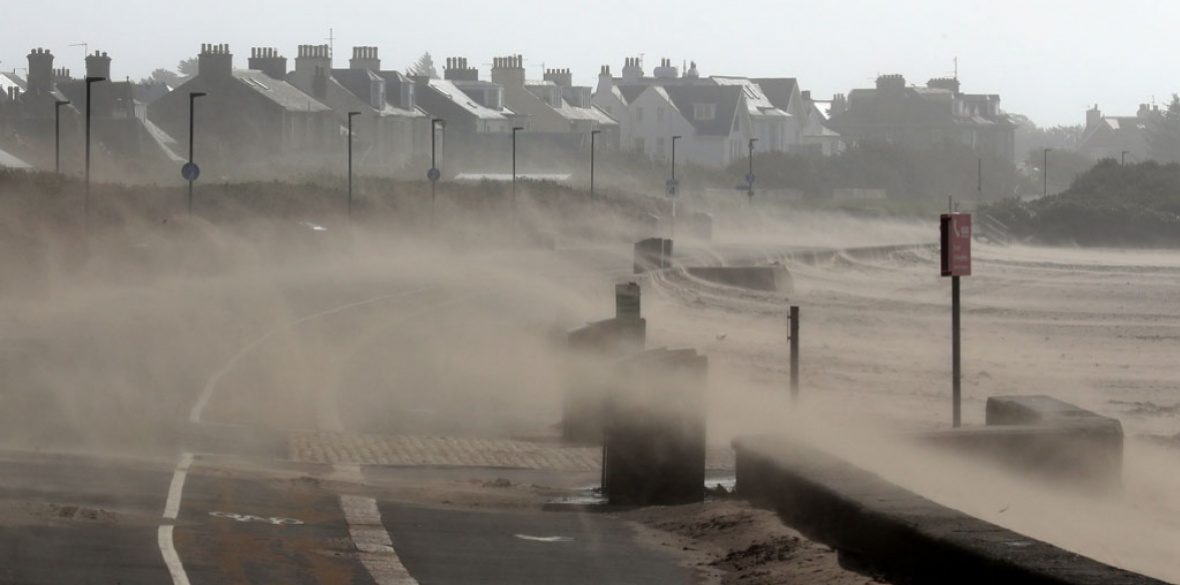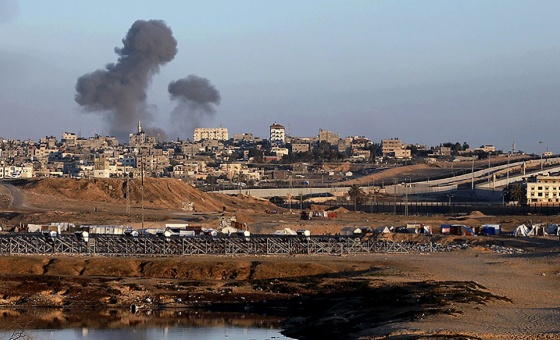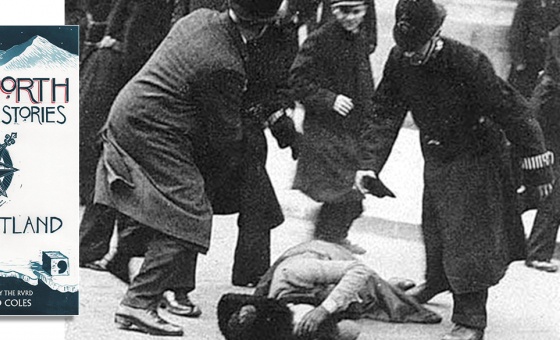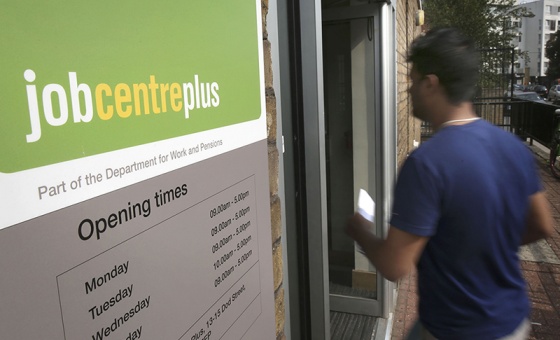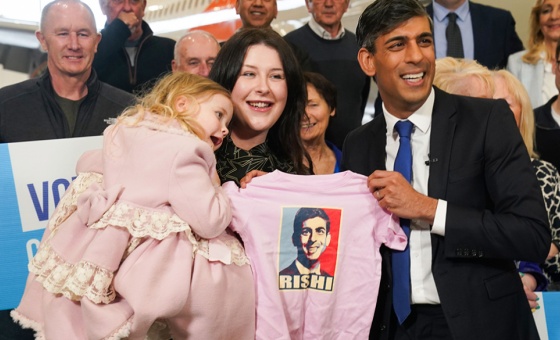This is the last article you can read this month
You can read more article this month
You can read more articles this month
Sorry your limit is up for this month
Reset on:
Please help support the Morning Star by subscribing here
THE coming of Storm Ali this week brought a sense of deja vu upon me.
Moving up to Glasgow from London at the start of this year, I had been caught up in the Beast from the East — leaving me first stranded at Carlisle, then aboard an untimetabled staff special that rescued other passengers from a broken-down train just south of Glasgow, then dragging a suitcase full of books through the snow drifts, like a sledge.
I’d been intending, for my sins, to report on the Scottish Conservative conference in Aberdeen that weekend. But the cancellation of all trains north was quickly followed by the Tories ditching their conference altogether — and I was marooned in the Gorbals.
This week, I boarded the Caledonian Sleeper on Wednesday night — and midway through a slice of cheesecake, I was told the train would remain at Glasgow Central overnight.
The offer of spending the night on a static train until the first morning departure proved too good to pass up.
The fact that two severe weather incidents have paralysed British transport this year — not to mention the scores of rail cancellations during the summer heatwave — is surely a warning.
As extreme temperatures, floods and deathly blows become the new normal, it will be ever harder for climate change sceptics to argue such events are down to mere coincidence.
Alongside the predictable groans of inconvenience, we increasingly voice outrage that Britain’s infrastructure is so hopeless at coping with weather that would pass unremarked on the continent.
It’s an understandable frustration — but it’s worth reflecting on whether the wild weather offers another lesson too. How did we become so obsessed with work and timeliness that being stuck at home with family and friends is an ordeal?
There are, of course, good reasons to be anxious. Many workers are routinely denied pay if they fail to show in such circumstances.
Others could face pressure from the dreaded HR if they don’t battle it out against the odds.
During the Beast from the East, friends working as door-to-door charity fundraisers in Glasgow faced a daily barrage of photographs on their employer’s Facebook page — presenting those workers risking life and limb for their low-paid zero hours work as heroes.
These are, however, all things worth fighting against. It is particularly perverse that instead, those workers who rightly refuse to compromise their health and safety for profit often end up facing a stream of public resentment.
A friend in Glasgow often says that extreme weather takes us as close as we’ll come — for now — to a general strike. She’s right, and in more than one respect.
The solidarity I’ve experienced in such times is near unparalleled — from the emergency service worker who saved me from my suitcase-sledge slog to the scores of citizens who help their elderly neighbours across the road. Conversations spark up between the most unlikely interlocutors.
In others, snow brings out the worst — as seen in individually shovelled paths from front doors to particular cars. Fortunately, during extreme bouts this is of scant use, because you won’t be able to get your car moving anyway.
More painfully, tensions also arise. Staff in workplaces of fear can find a new confidence in challenging their bosses’ instructions when their health is at stake, and middle management have to choose sides.
And with the gods of profit and so-called efficiency facing a rare — and unavoidable — challenge, space opens up for something else.
Credit default swaps and carbon-heavy investments can’t help the City slicker escape his broken-down train with cut-out WiFi.
Given that it’s human greed and exploitation that’s responsible for global warming, and as a result our extreme weather, perhaps that’s just as well.
A time to be bold
SCOTTISH LABOUR has had a turbulent year — with the left now driving, but manoeuvres and distractions aplenty from the old guard in the back seat.
When Richard Leonard addresses Labour Party conference on Monday, we can only hope he draws a line under these shabby episodes.
It arguably took the left in the Britain-wide party a year — and a failed leadership challenge from Owen Smith — to assert watertight authority.
Scotland is a different ball game. But in a similar fashion, understandable differences have emerged as to whether a left Labour leadership should take a conciliatory or confrontational approach to its internal critics.
Both sides have arguments in their favour. But the lesson from Westminster is surely that substance — such as the policy platform put together before last year’s election — is the best way of exposing the irrelevance of New Labour throwbacks.
If Leonard can establish a bold, meaty manifesto which cuts through to the electorate, any need to stay in favour with the old guard will disappear. This must be coupled with a unity of purpose and direction that has been missing from Scottish Labour for the past decade.
It’s time to send the bitterites of Holyrood a clear memo: get with the programme — or condemn yourselves to irrelevance.
Conrad Landin is Morning Star Scotland editor.

 Conrad Landin
Conrad Landin